Making sure that young people have the right support when they leave care: consultation - easy read
This easy read version of the consultation asks for views on the support available to young people as they leave care and become adults.
Part 2: Tell us what you think
About this document
This is Part 2 of our questions.

We are asking you what you think about the right support for young people when they leave care.

Please answer Part 1 first.

Then answer Part 2 here.

If you are typing, the space will grow as you type.

If you are writing, remember to use the enter button or return button to grow all the answer spaces before you print the pages out.

Support for disabled people who are leaving care
The Scottish Government wants to make it better and easier for disabled young people to leave care and move into adulthood.
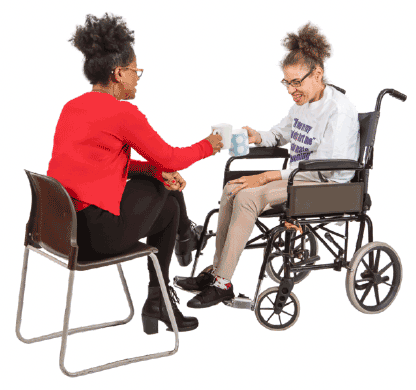
There needs to be careful planning so that every disabled young person leaving care gets what they need.

This might be things like:
- how they can travel around
- the kind of home they need
- the healthcare they need
- who their guardian is
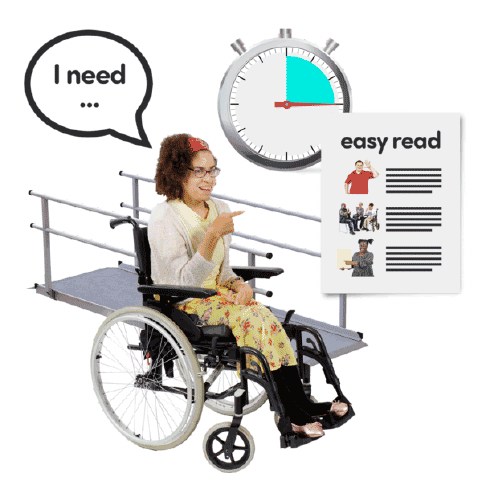
A guardian is an adult who is allowed by law to help make choices for a young person.

Questions

21. Can you give us examples of any services that work well together when someone with extra needs is moving to adulthood?
Write or type your answer here:
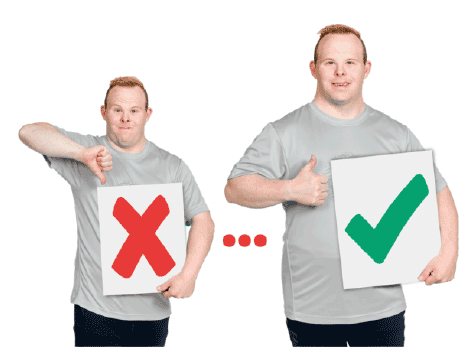
22. What could be done better to make sure that disabled young people get the support they need when they are leaving care?
Write or type your answer here:
Support for people leaving care who are parents
Some young people leaving care are parents.
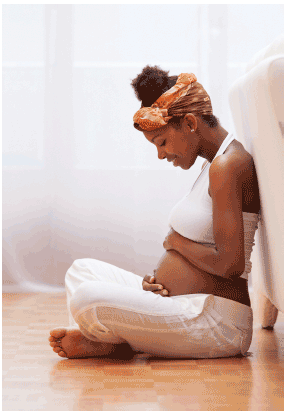
All new parents and families need support to look after their babies.
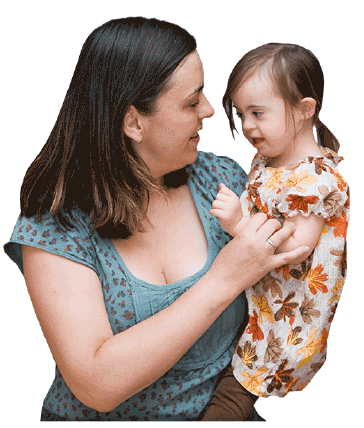
We know that young people in care who are going to have a baby are not always treated in the right way.

The Promise says that some young people were asked the wrong kinds of questions by their:
- doctor
- midwife
- health visitor
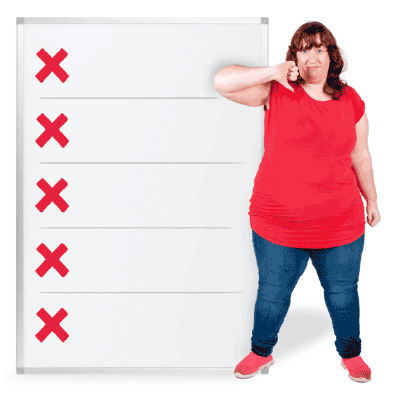
This kind of thing can make being a parent even harder.

Questions
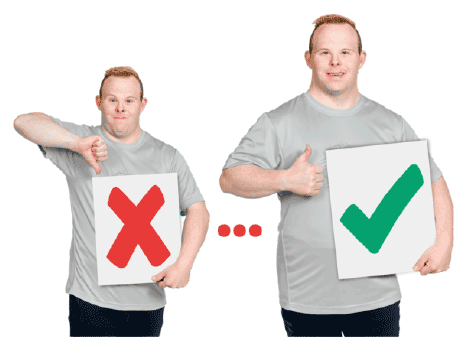
23. What could be done better to support young people with care experience as they get ready to become parents?
Write or type your answer here:

24. How can we help health staff support care experienced young people better when they become parents?
Write or type your answer here:

25. How can children’s services and adult services work better together to support care experienced young people?
Write or type your answer here:
Peer support and staying in touch for life
Peer support is when people use their own experiences to help others in a similar situation.
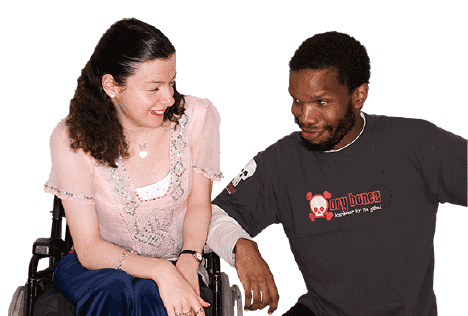
Young people say that peer support is very important to them.
Peer support can give a young person a feeling of belonging in a community.

The Promise told us that children said they need relationships that are:
- safe
- loving
- respectful
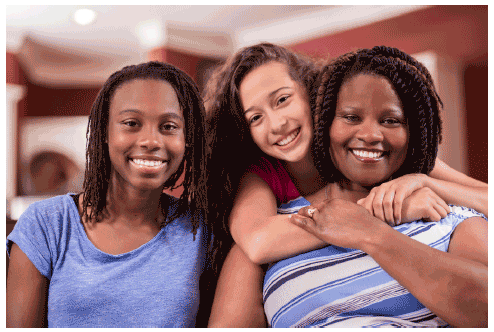
Respectful means treating someone with kindness and showing that their thoughts and feelings are important.
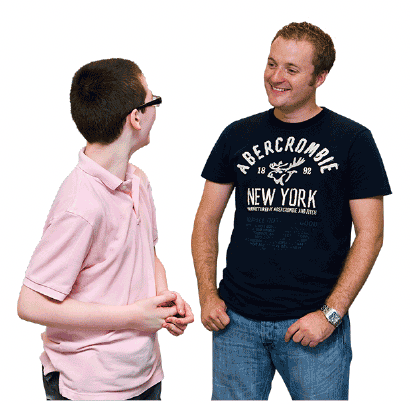
Questions

26. In what ways should peer support be used to help a young person leave care and move into adulthood?
Write or type your answer here:

27. Can you give us examples where peer support has helped people when a young person has left care?
Write or type your answer here:
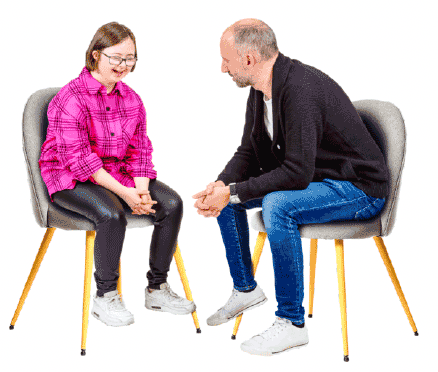
28. How can we make sure that young people and the adults who look after them can keep their relationship going after the young person has left care?
Write or type your answer here:
Support from out of hours services
Out of hours services are offered when most services are closed – for example in the night, at weekends or on bank holidays.
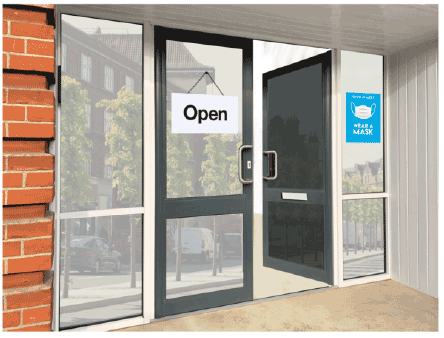
We know that young people who are moving from care into adulthood can need advice and support when services are closed.
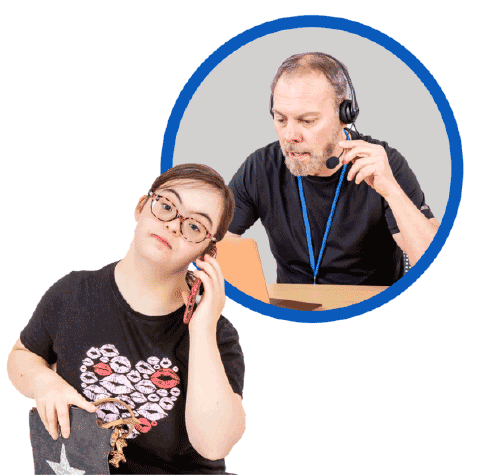
Question
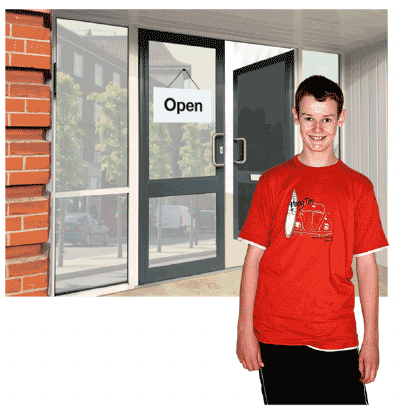
29. What support and advice do you think there should be in out of hours services?
Write or type your answer here:
Support with health and wellbeing
Health and wellbeing means how well and happy we feel.
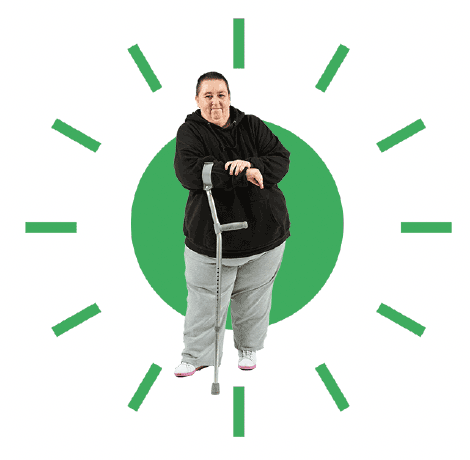
When young people leave care and move into adulthood, they can need a lot more help with health and wellbeing.

It is important that young people leaving care can get services to help their health and wellbeing.
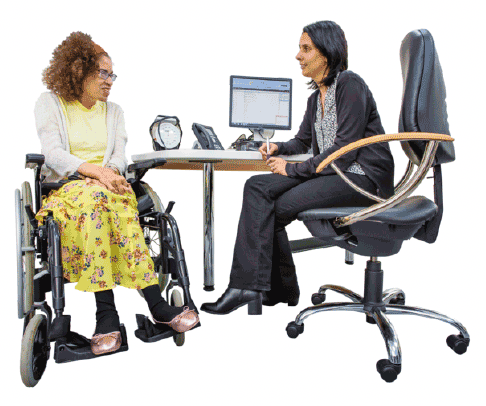
These services must be easy to reach.

Young people told The Promise that they had not been able to get mental health support when they needed it.

They were told:
- they needed to be well before they could get help
- there were long waiting lists
- there were not enough services
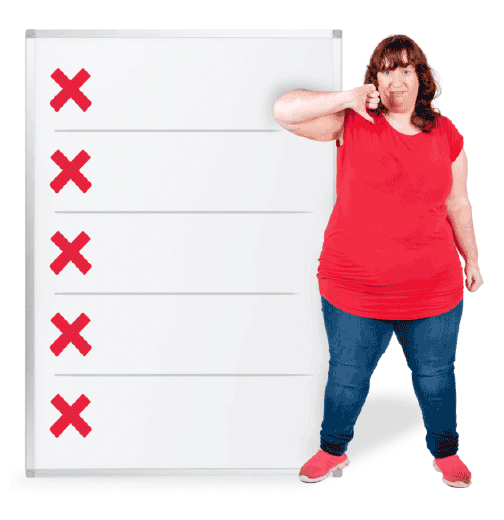
Questions
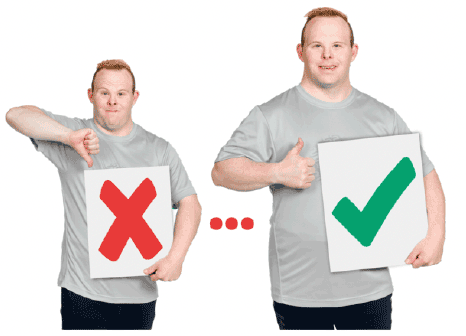
30. What could be done better to make sure that young people leaving care get the health and wellbeing services they need?
Write or type your answer here:
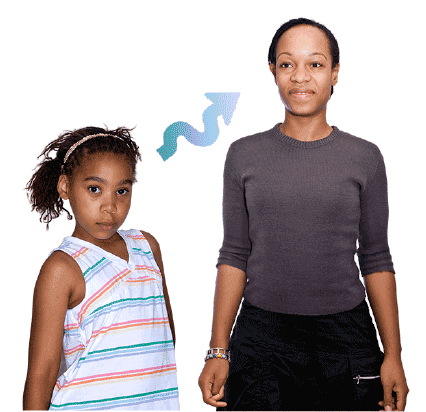
31. How do we make sure that the move from using children’s services to adults services is as easy as possible?
Write or type your answer here:
Support with housing
There should be really good support for young people leaving care to help them find the right home.

Housing support should:
- include everyone
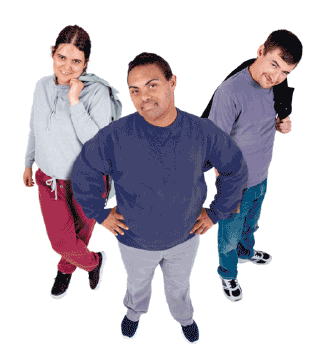
- be easy to reach
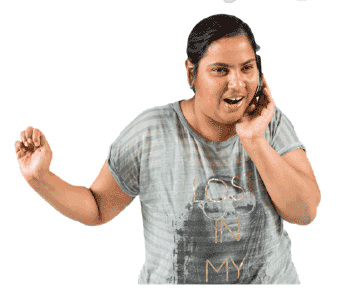
- match what the person needs – especially if they have additional support needs or a disability
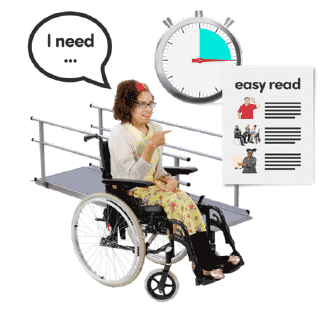
Questions
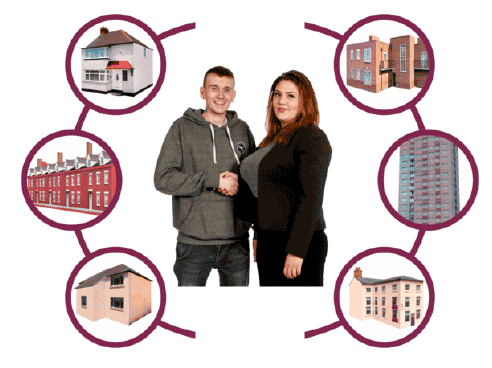
32. Can you give us examples of any good support for young people leaving care and finding a home?
Please write or type your answer here:

33. What do you think are the main problems in finding the right kinds of homes for young people leaving care?
Please write or type your answer here:

34. How can we make sure there is enough planning and preparation for a young person leaving care and moving into their own home?
Please write or type your answer here:

35. What kinds of support should there be to help a young person leaving care and going into their first home to help them stay for as long as they want to?
Please write or type your answer here:
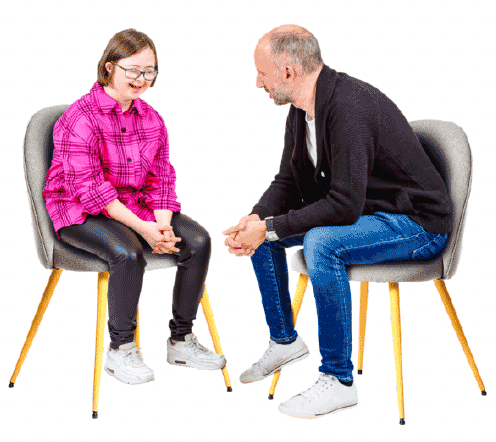
36. How can we make sure that the young person is listened to when other people are making decisions about where they should live after care?
Please write or type your answer here:
Support with Further Education and Higher Education
Further Education means learning for people who are 16 years old and older.
Further Education courses are often about real life and work.

Higher Education means courses which are at a higher level than Further Education courses.
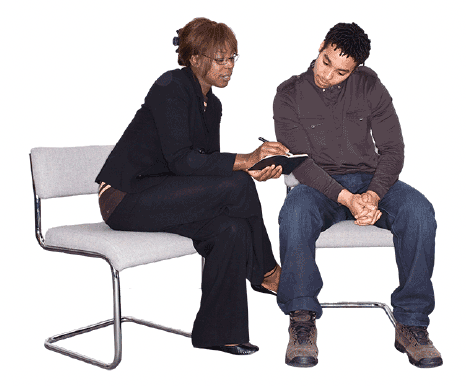
Higher Education courses are often taken at a university.
Young people with care experience who want to study a Further Education course can get 9 thousand pounds each year to help them.

Young people with care experience who want to study a Higher Education course at university in Scotland will get offered a place.
As long as they have the right qualifications for the course.

A qualification is when you pass an exam or a course.

It means you have learned a set of skills and passed a test.
Questions
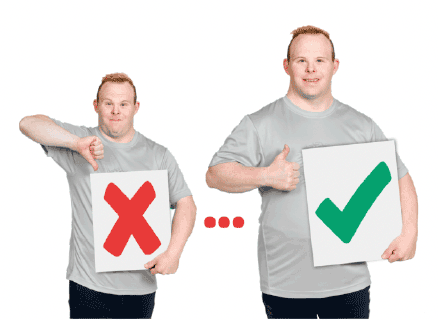
37. What kinds of things should be better for young people leaving care and doing Further Education or Higher Education?
Write or type your answer here:
We know that young people with care experience might not choose Further Education or Higher Education.

It is important that we support them in any way we can to carry on with their education if they want to.
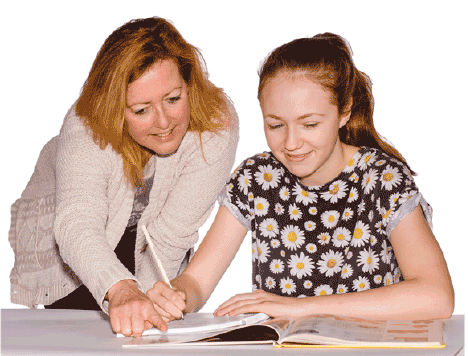
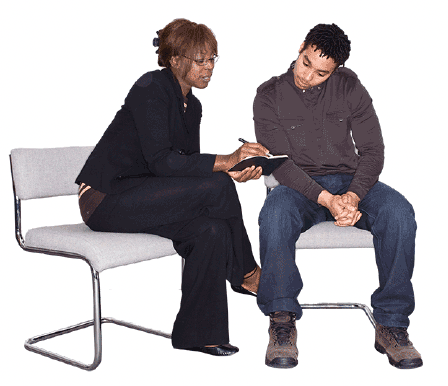
38. How can we do a better job of supporting students with care experience to finish their courses?
Write or type your answer here:
Support for young people to get jobs
We know all young people have different aims when they think about jobs and work.
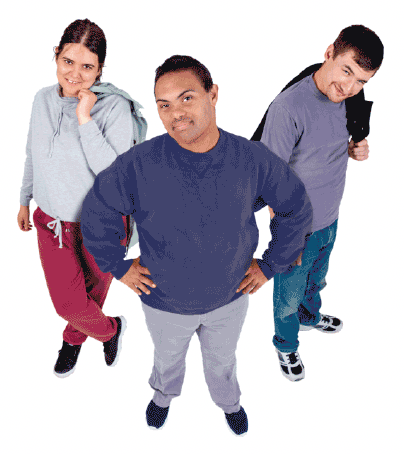
They might want:
- to work for someone else or a company

- to work for themselves
- an apprenticeship – this means learning a job and being paid while you learn
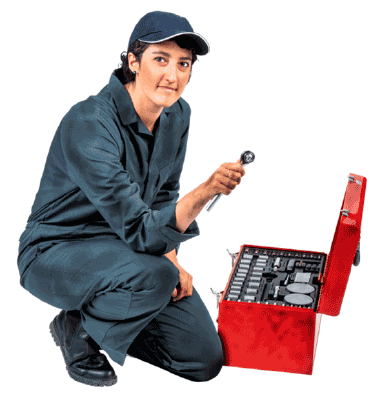
- training courses
- Further Education courses
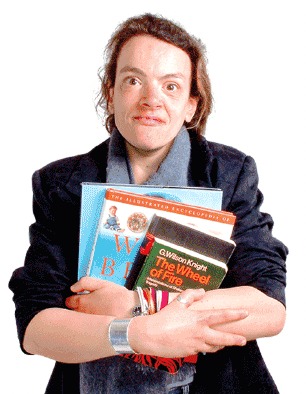
Questions

39. What would help young care leavers to:
- find good jobs they enjoy?
- learn more skills?
- feel more confident?
Write or type your answer here:

40. Can you give us good examples of where young people leaving care have been supported in a new job or course or supported in building their confidence?
Write or type your answer here:

41. How can we help companies to welcome and support care leavers in their work teams?
Write or type your answer here:
This is the end.
Thank you for answering our questions.

Please look at the Introduction Easy Read to find out how to send your answers back to us.

Contact
There is a problem
Thanks for your feedback
